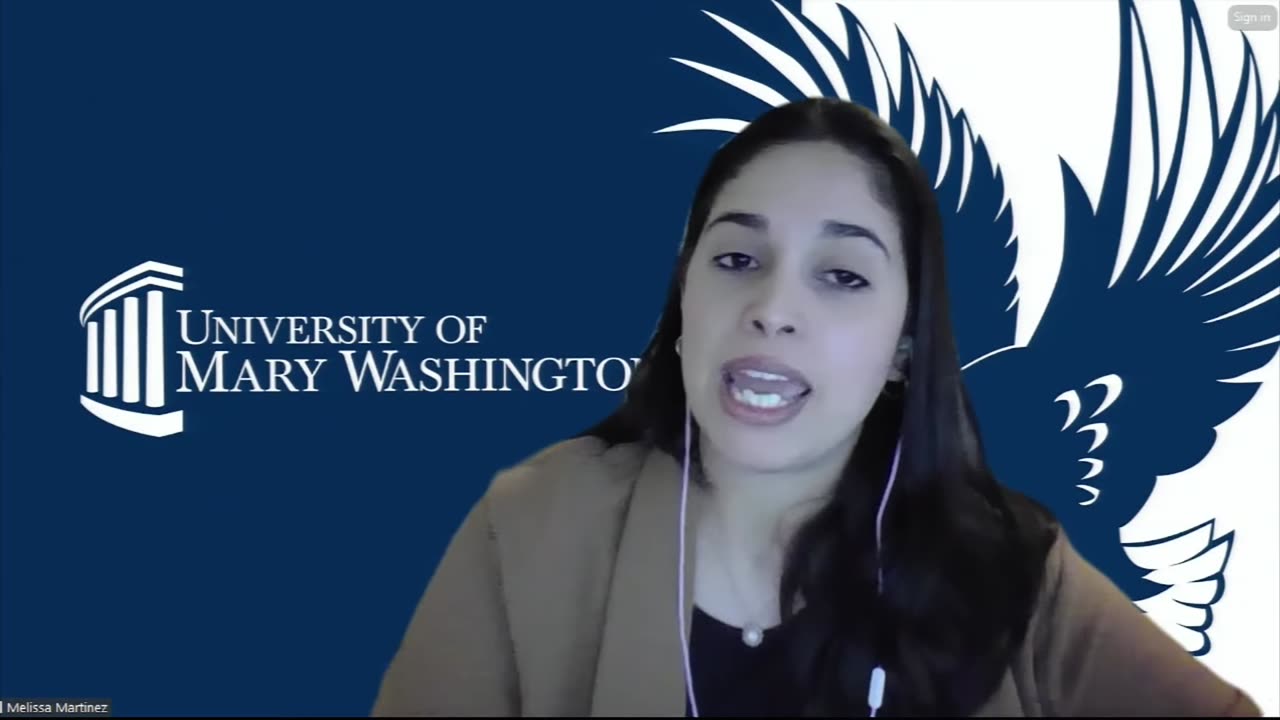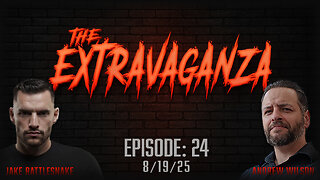Premium Only Content

Spheres of Influence Two Hundred Years of the Monroe Doctrine
To mark the 200th anniversary of the Monroe Doctrine, a panel of scholars will discuss the history as well as the current use of the best-known U.S. policy toward the Western Hemisphere. Highlighted in an otherwise routine annual message delivered to Congress by President James Monroe in December 1823, the doctrine warned European nations that the United States would not tolerate further colonization or puppet monarchs in the Western Hemisphere.
Sara Bon-Harper, Executive Director, James Monroe’s Highland. and Scott H. Harris, Executive Director, University of Mary Washington Museums, will lead the discussion of the three main elements of the Monroe Doctrine: non-
colonization, non-intervention, and separate spheres of influence for the Americas and Europe. Our panelists are Melissa Martinez, assistant professor, Department of Political Science and International Affairs, University of Mary Washington; Daniel Preston, founding editor (retired) of the Papers of James Monroe at the University of Mary Washington; Jay Sexton, Rich and Nancy Kinder Chair of Constitutional Democracy Professor of History and Director of the Kinder Institute at the University of Missouri; and Ray Walser, professor of practice at Seton Hall University’s School of Diplomacy and International Relations.
This program is presented in partnership with James Monroe Museum and James Monroe’s Highland.
Fair Use Disclaimer:
All content that uses public funds by any US government agency, state, or local government is available for worldwide use and reuse under the terms of the Creative Commons CC0 1.0 Universal license. Included within these resources may be copyrighted material(s), the use of which has not always been specifically authorized by the copyright owner. Any copyrighted content used is for educational, research, reporting, commentary, entertainment, informational, and criticism purposes.
In our efforts to provide the Rumble community with quality content that is “fair use,” this content is covered under Section 107 of the Copyright Act ( https://www.copyright.gov/fair-use/ ).
If you wish to use this copyrighted material for purposes that go beyond “fair use,” you must obtain permission from the copyright owner.
If you believe that any copyrighted materials appear in this content and you disagree with our assessment that it constitutes “fair use,” please get in touch with us.
-
 LIVE
LIVE
Reolock
4 hours agoWoW Classic Hardcore | WE'RE BACK!!
79 watching -
 LIVE
LIVE
SynthTrax & DJ Cheezus Livestreams
6 hours agoShell Shock Live - The Scorched Earth Remake/Upgrade - 4pm PST / 7pm EST - RUMBLE GAMING
132 watching -
 LIVE
LIVE
Illyes Jr Gaming
2 hours agoBack to Black .....Ops 6 w/ ILLYESJRGAMING
55 watching -
 1:07:59
1:07:59
BonginoReport
5 hours agoBoston Mayor Defies Trump, Protects Illegals - Nightly Scroll w/ Hayley Caronia (Ep.115)
98.4K72 -
 40:45
40:45
Donald Trump Jr.
6 hours agoPeace by Peace: Solving One Problem After Another | Triggered Ep.268
52.1K57 -
 LIVE
LIVE
FrizzleMcDizzle
3 hours ago $0.43 earnedRemnant 2 - Dark Souls-like Shooter?!
99 watching -
 LIVE
LIVE
FoeDubb
2 hours ago🏰KINGDOM MENU: 🏈FOOSBALL & 🎮DELTA FORCE PEW PEWS DILLY DILLY!!
14 watching -
 11:43:31
11:43:31
GritsGG
13 hours agoWin Streaking! Most Wins 3390+ 🧠
60.9K -
 1:08:29
1:08:29
TheCrucible
6 hours agoThe Extravaganza! Ep. 24 (8/19/25)
79.3K18 -
 4:22:25
4:22:25
sophiesnazz
7 hours ago $0.83 earnedLETS TALK ABOUT BO7 !socials !specs
19.1K